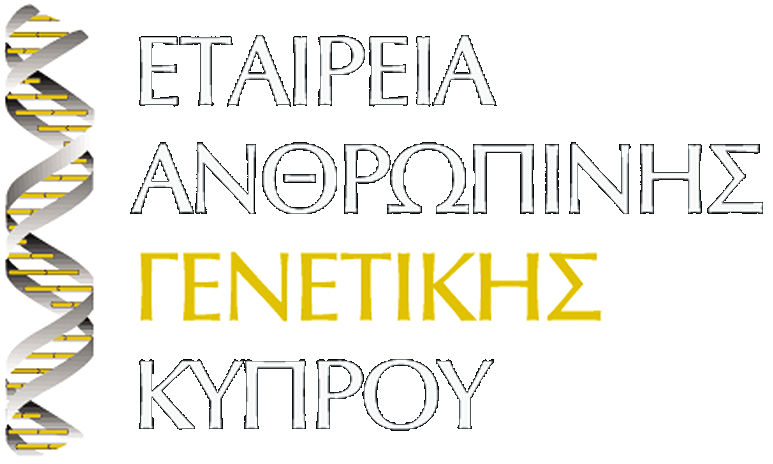Abstract
Poikiloderma with neutropenia (PN) is a genodermatosis currently described in 77 patients, all presenting with early-onset poikiloderma, neutropenia, and several additional signs. Biallelic loss-of-function mutations in USB1 gene are detected in all molecularly tested patients but genotype-phenotype correlation remains elusive. Cancer predisposition is recognized among PN features and pathogenic variants found in patients who developed early in life myelodysplasia (n = 12), acute myeloid leukemia (n = 2), and squamous cell carcinoma (n = 2) should be kept into account in management and follow-up of novel patients. This will hopefully allow achieving data clustered on specific mutations relevant to oncological surveillance of the carrier patients.
We describe the clinical features of three unreported PN patients and characterize their USB1 pathogenic variants by transcript analysis to get insights into the effect on the overall phenotype and disease evolution.
A Turkish boy is homozygous for the c.531delA deletion, a recurrent mutation in Turkey; an adult Italian male is compound heterozygous for two nonsense mutations, c.243G>A and c.541C>T, while an Italian boy is homozygous for the splicing c.683_693+1del variant. The identified mutations have already been reported in PN patients who developed hematologic or skin cancer. Aberrant mRNAs of all four mutated alleles could be identified confirming that transcripts of USB1 main isoform either carrying stop codons or mis-spliced may at least partially escape nonsense-mediated decay.

